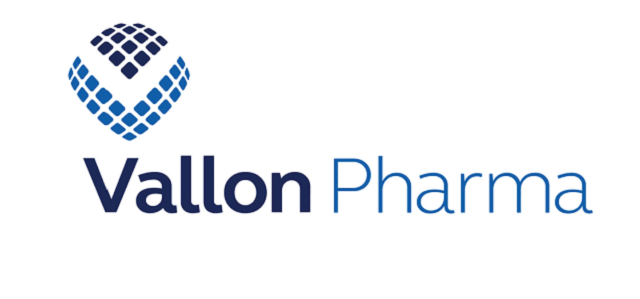Vallon shares fall nearly 70% after the new drug for ADHD failed
- Normal Liver Cells Found to Promote Cancer Metastasis to the Liver
- Nearly 80% Complete Remission: Breakthrough in ADC Anti-Tumor Treatment
- Vaccination Against Common Diseases May Prevent Dementia!
- New Alzheimer’s Disease (AD) Diagnosis and Staging Criteria
- Breakthrough in Alzheimer’s Disease: New Nasal Spray Halts Cognitive Decline by Targeting Toxic Protein
- Can the Tap Water at the Paris Olympics be Drunk Directly?
Vallon shares fall nearly 70% after the new drug for ADHD failed
- Should China be held legally responsible for the US’s $18 trillion COVID losses?
- CT Radiation Exposure Linked to Blood Cancer in Children and Adolescents
- FDA has mandated a top-level black box warning for all marketed CAR-T therapies
- Can people with high blood pressure eat peanuts?
- What is the difference between dopamine and dobutamine?
- How long can the patient live after heart stent surgery?
Vallon shares fall nearly 70% after the new drug for ADHD failed.
On March 21, Vallon Pharmaceuticals announced that the pivotal study, code-named SEAL, which evaluated the company’s proprietary immediate-release (IR) dextroamphetamine (dexamphetamine) abuse-resistant formulation ADAIR, failed to meet its primary endpoint for the treatment of Attention Deficit Hyperactivity Disorder (ADHD).

Affected by the news, the company’s stock price fell nearly 70%.
ADAIR is prepared for inhalation by a pharmacist using a multi-step technique approved by the US FDA in a specialized laboratory. Designed to prevent people from consuming dextroamphetamine through crushing, snorting, or other non-oral routes, resulting in a greater “high”. Dextroamphetamine has been used clinically for more than 50 years and is the first class of psychotropic drugs. It has the same active ingredient as FDA-approved products like Adderall ® , Dexedrine ® and Vyvanse ® .
The SEAL study enrolled 55 subjects, of whom 53 completed the study and 52 were included in the final analysis. This study involved a four-way crossover design to evaluate the abuse tendency, pharmacokinetics, safety and tolerance of professionally administered intranasal ADAIR 30 mg vs crushed intranasal dexamphetamine sulfate vs oral ADAIR vs placebo acceptability.
The study did not meet its primary endpoint, Emax Drug Liking (maximum drug likability for subjects). ADAIR scores were similar to those observed in earlier proof-of-concept studies, however, scores for dextroamphetamine in the control group were not as high as expected, inconsistent with what was seen in previous studies, and thus lacked statistical significance.
However, the study met all secondary pharmacodynamic endpoints, with ADAIR scores significantly lower than the comparator dexamphetamine sulfate for 12-hour assessment and overall drug preference at 24 hours post-dose, p<.0001 and p=0.024, respectively.
Drug preference was measured at 12 time points from 15 minutes to 24 hours after dosing. Post-hoc analysis showed that the average drug favorability of intranasal ADAIR was lower than that of the control drug dexamphetamine sulfate at each time point from 15 minutes to 24 hours after administration, and statistically significant at each time point from 15 minutes to 6 hours after administration. significance.
DAIR was generally well tolerated, with a safety profile consistent with the known effects of amphetamines in all active treatment groups, with no unexpected adverse events reported.
During the study period, no serious adverse events (SAEs) were reported in any of the treatment groups, and there were no discontinuation events due to adverse events.
Vallon shares fall nearly 70% after the new drug for ADHD failed
(source:internet, reference only)
Disclaimer of medicaltrend.org
Important Note: The information provided is for informational purposes only and should not be considered as medical advice.



